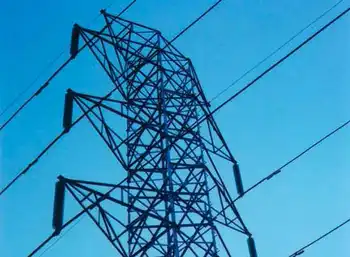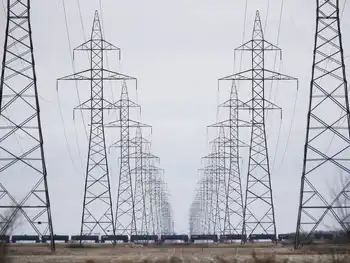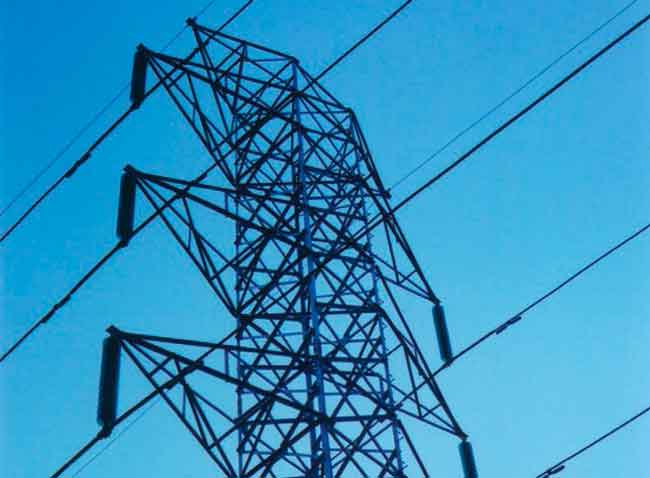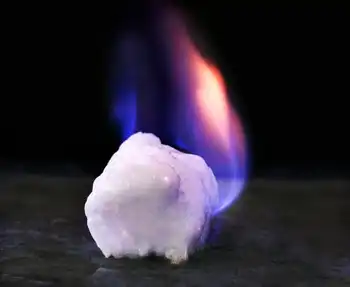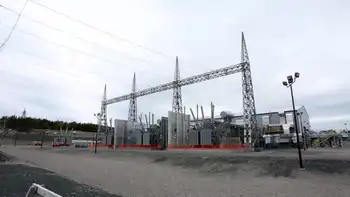TVA plans to cap emissions, looks to nuclear
By The Tennessean
Electrical Testing & Commissioning of Power Systems
Our customized live online or in‑person group training can be delivered to your staff at your location.

- Live Online
- 12 hours Instructor-led
- Group Training Available
Proposals to find ways to increase renewable energy sources like solar power and to persuade customers to use less electricity — including by offering incentives — were approved, too.
The actions, which came as the agency recognizes its 75th anniversary, could mark a return to the leadership role TVA took in energy conservation in the 1970s but later dropped.
Nuclear power was listed among the "clean" energy sources that officials said would be looked to increasingly.
"The real objective is to reduce the carbon footprint," TVA CEO and President Tom Kilgore said after the meeting at the Marriott Shoals Hotel and Spa.
"Nuclear (power) does not produce carbon. I cannot argue that it doesn't produce radioactive waste that has to be dealt with."
But, with population growth in the region, large additional sources of energy are needed, he said, adding that nuclear power can provide that without putting more carbon in the air.
TVA, which is self-financing, is the largest public power producer in the country, providing virtually all of the electricity used in Tennessee and parts of six other states. good move, but no nukes
John McFadden, head of the nonprofit Tennessee Environmental Council in Nashville, said in a phone interview that he was "glad" about TVA's turn toward energy conservation and cleaner power, a move that some utilities made several years ago.
"It's obvious it's something we've really needed to do for a long time," he said. "All you have to do is look at the mountaintops in the Great Smoky Mountains and see all the dead trees.
"And Knoxville is the asthma capital.Â…
"They should have been leading the country in this."
Nuclear power, however, should not be in the mix, he added.
"We have no long-term plan to deal with nuclear waste," he said.
"You can't sell a kilowatt hour of nuclear power for what it costs to produce it. That's why the federal government is having to subsidize the nuclear industry."
TVA is still carrying billions of dollars of debt from its first spurt of nuclear plant building that took place in the 1970s and 1980s, he said.
One new TVA goal is a reduction within five years — in part through customers' energy efficiency — of 1,400 megawatts of electricity use at peak times. This would be the equivalent of building a nuclear reactor to provide energy on days during the summer and winter when energy use spikes.
"We do think it's a goal that's very achievable," said Joe Hoagland, TVA vice president for energy efficiency and demand response.
Pilot programs could include financial incentives to buy energy-efficient appliances and lights.
Making the 2020 date to halt growth in carbon emissions was viewed as more challenging. Most of TVA's electricity comes from coal, which releases carbon that adds to climate change.
Weather remains a stumbling block on another front.
TVA official Bill McCollum said drought could continue to hamper hydroelectric energy generation at its dams this summer.
"We still need significantly more than the normal amount of rainfall between now and June," McCollum said.
When its clean, relatively inexpensive hydroelectric production falls behind, TVA must buy more costly electricity from other producers.





